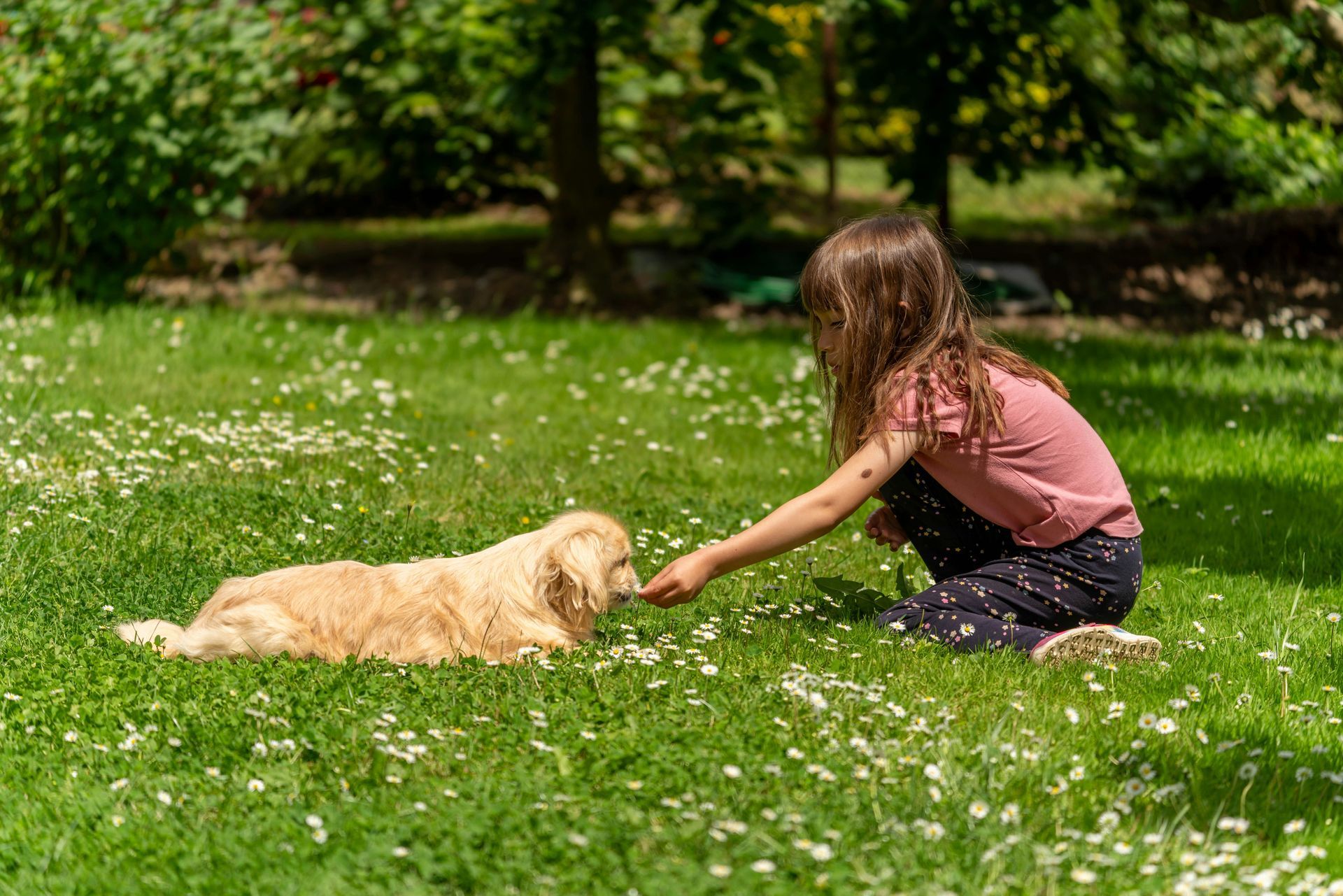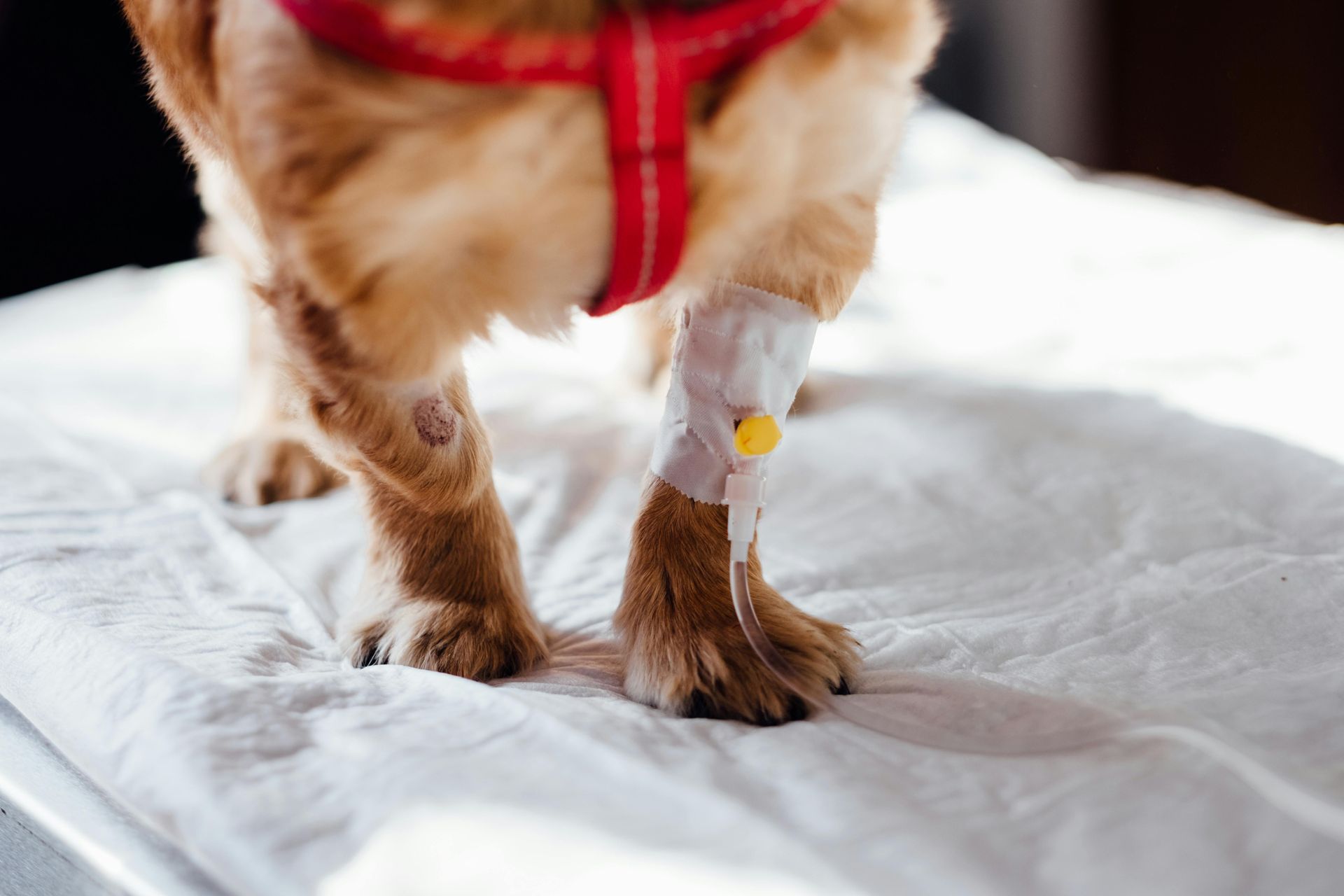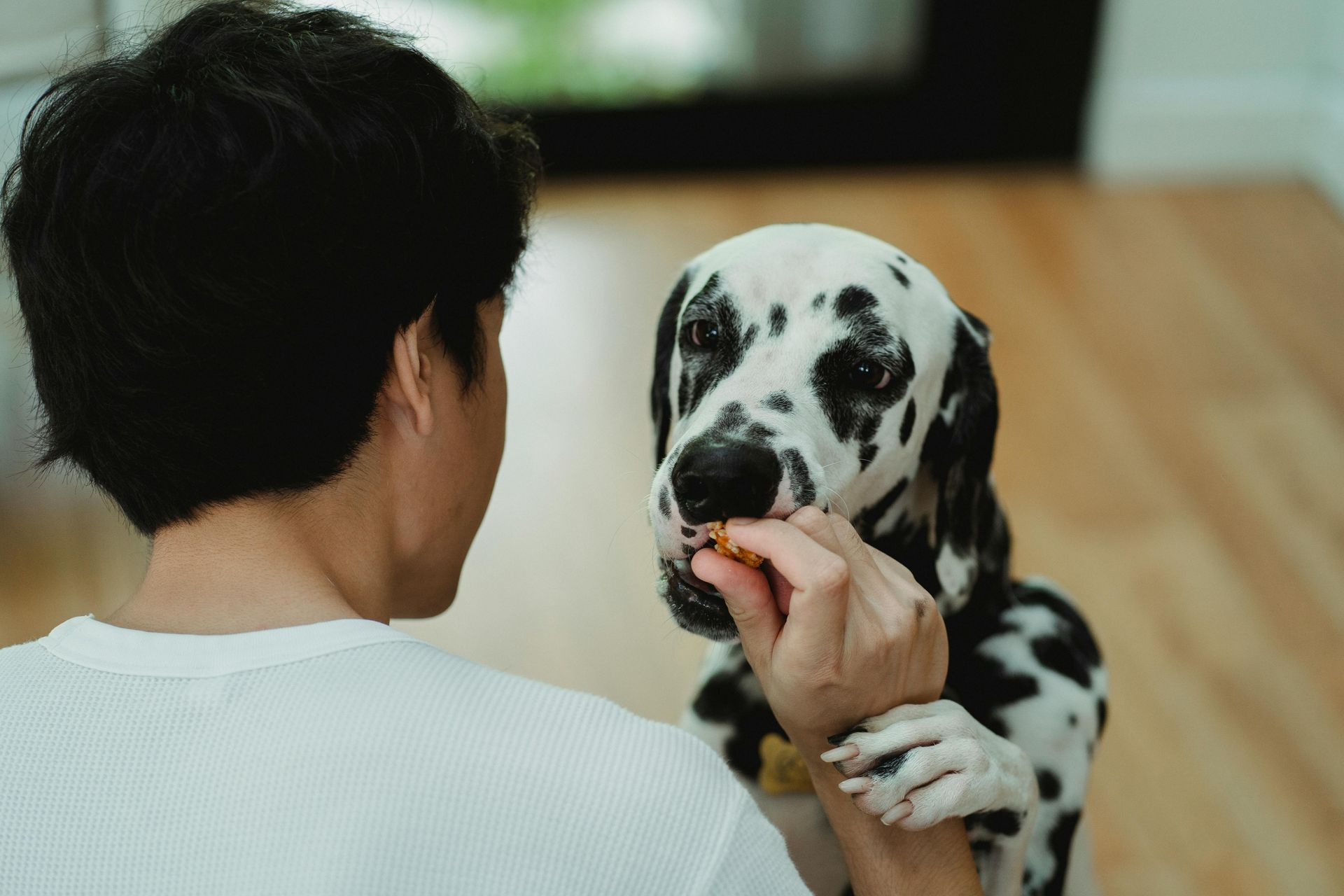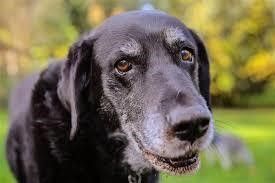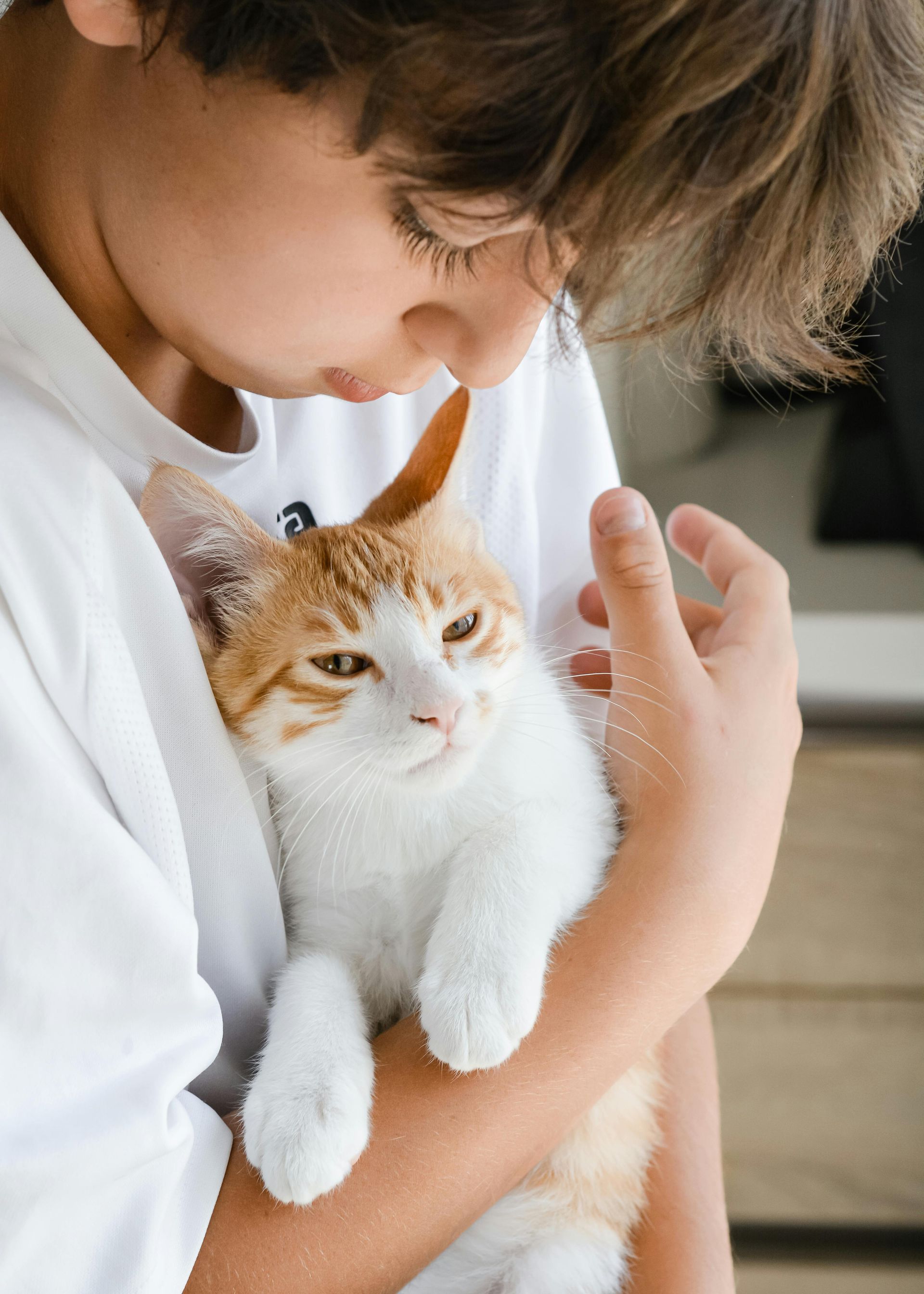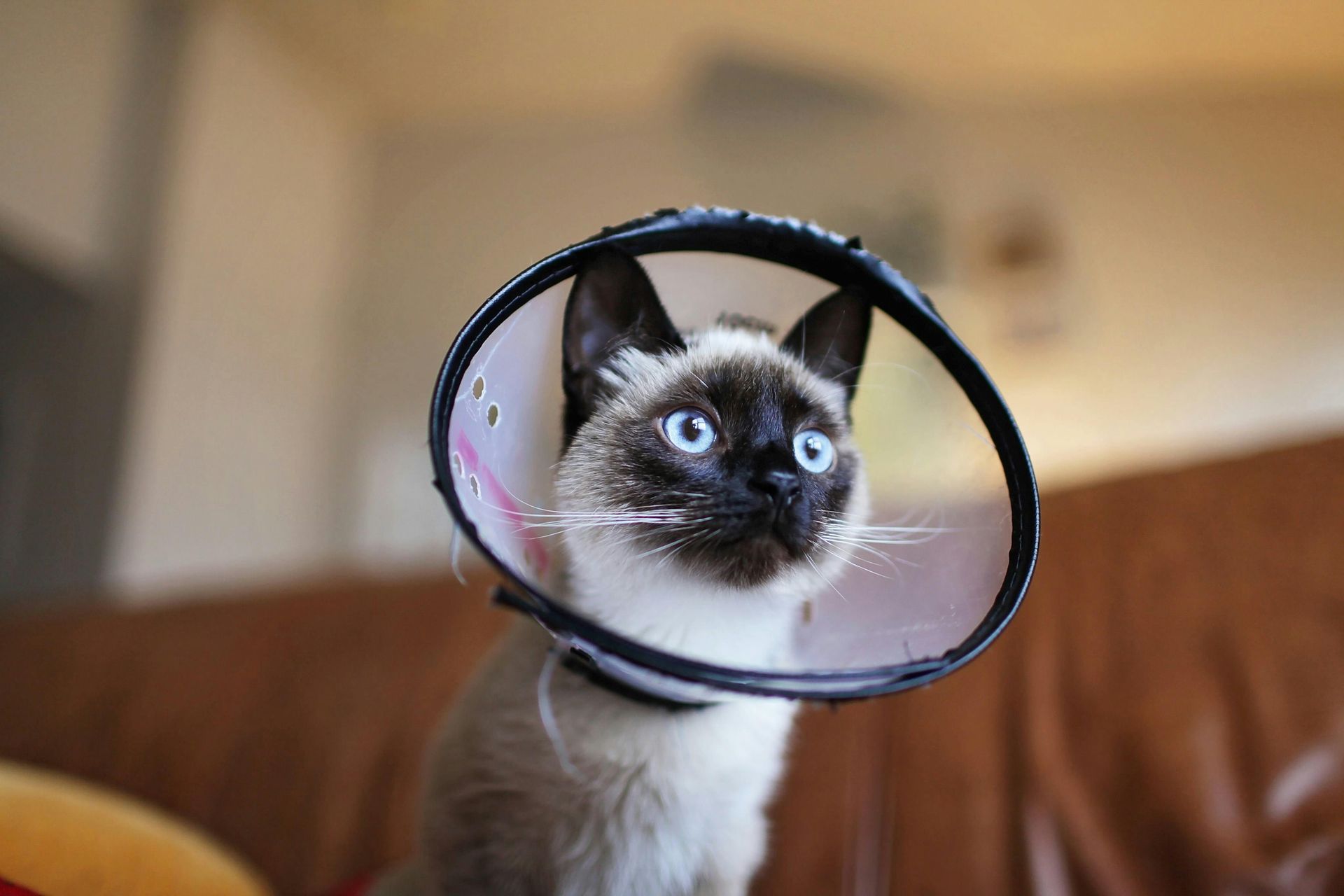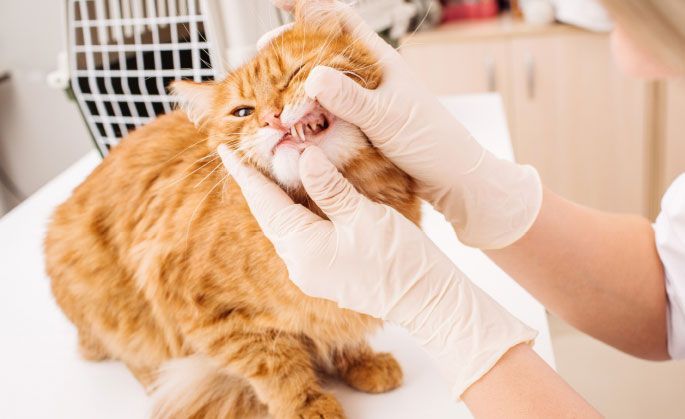Dog Care
Owning a dog provides companionship, loyalty and affection for people of all ages and is an invaluable addition to families and individuals.
However, it is important to find the breed of dog most suitable to your particular lifestyle and be aware of the responsibility that comes with dog ownership before you adopt or purchase a dog. As your vet, we are willing to discuss the many aspects of dog care, including breed-specific medical problems and routine health care such as vaccinations, flea, tick and mite control, desexing and worming that your future dog may need.
After purchasing your puppy or dog, there are several important aspects of their care to consider:
Pet Insurance
We strongly recommend that you insure your new dog. Please see our information sheet on insurance for more about this topic.
Bedding
Suitable bedding such as washable rugs, cushions or blankets need to be provided in a weatherproof kennel or indoors.
A Secure Area
A secure area such as a dog-proof yard is essential. Your dog should never be left unsupervised when tethered.
Daily Exercise and Mental Stimulation
All dogs need daily exercise and mental stimulation to help avoid behavioural and health problems. Dogs view their human owners as being part of their pack and can develop behavioural issues if they feel neglected or excluded. It is also vitally important that dogs are socialised with people and other dogs from an early age in order to learn appropriate interactive behaviours.
Regular Health Checks
All pets require a minimum of one health check a year. On average, dogs age five to eight times faster than humans, allowing major health changes to develop in a relatively short amount of time. The risk of cancer, diabetes, obesity, arthritis, heart disease and other serious conditions all increase with age. Regular vists to our clinic helps us diagnose, treat or even prevent health problems before they become life-threatening. Routine vaccinations and parasite control for fleas, ticks, mites, heartworm and intestinal worms are also recommended. A visit to us is also a good opportunity to ask about nutrition, behaviour, and other issues.
Nutrition
Nutrition is an important part of your dog’s care. A healthy and balanced diet is essential. This will provide protein to build the body; fats for skin and coat health; carbohydrates for energy; and minerals and vitamins for good bone development and healthy tissues.
Regular Dental Care
It is essential to keep your dog’s teeth clean. A regular dental homecare routine will minimise tartar build-up on your pet’s teeth. Never give your dog cooked bones, as these can be brittle and easily splinter, causing harm to your dog.
Water Intake
Fresh water must always be available for your dog. Bowls should be kept clean and placed in the shade.
Grooming
Grooming and brushing is essential, particularly for long-haired breeds. This helps remove dust, dead skin, loose hairs, grass seeds, and tangles and it also assists to shorten the coat moult, which occurs seasonally. Dirty or smelly dogs should be bathed. However, keep in mind that frequent shampooing can strip the natural oils from the coat and cause skin dryness and irritation.
Our staff are always keen to discuss routine health are for your current or future pets. For further information about pet care, please phone our helpful staff during business hours.
